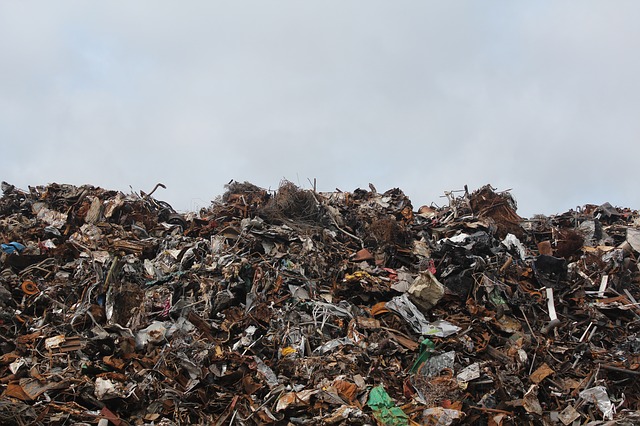Wondering where all your recycling ends up? Read more below on the current state of recycling in most Massachusetts communities. If you live outside the state, this problem might be occurring in your town as well.
Organizationally Yours,
Maureen
Professional Organizer and Wellness Coach
How to Recycle Responsibly
Jun 2018

OK, not to be an alarmist, but my worst fear about single stream recycling is starting to come true. I had read an article several years ago in The Boston Globe that indicated that there were some down sides to single stream recycling: the potential for residents to erroneously toss in non recyclables with their recyclables thereby tainting whole groups of “recyclables”, They would now be destined for the trash. Well some of those predictions came true, according to a more recent article by David Abel in The Boston Globe . Most of the problems would/are arising from residents tossing in every imaginable item in the recycle bin, such as tires, garden hoses, plastic grocery bags (please don’t put these in the recycle bin-you can bring them back to the grocery store), etc.
Anyone who has worked with me, knows that I try to stress the importance of knowing which items that your town designates as recyclable and which ones are plain old trash. Many times, I have gone through my clients’ trash and recycle bins to correct the common errors. I try to always recycle responsibly but when in doubt I will put something in the trash rather than in the recycling bin. But many do not heed these guidelines.
This is where the problems come in. Most recycling items are sent to countries (mostly China) that make useful items out of the stuff. Unfortunately, the “recyclables” contain huge amounts of good old trash. And now they are cracking down and refusing to accept the materials. Towns that used to earn money from recycled waste are now forced to pay as much as $70-$100 a ton to have it hauled to landfills or incinerators. Local municipalities are trying to get the state and the EPA involved to help defray the costs. The other alternative is that towns will now slow down and/or discontinue recycling due the prohibitive cost or will start charging a fee to residents. And of course the fallout is that recyclables are going to landfills and taking up precious space.
Another problem that arises from not putting trash in the right bin, is that it causes recycling machinery to get fouled up and broken. Leaving food on recyclables is another issue that causes clogging in the recycling machinery. Please rinse everything. Food stuck on pizza boxes? Throw them in the trash, please.
Is there something that you can do? Yes! Please check your town’s guidelines for proper trash and recycling. You can do this by going online. Put your town’s “name”, “DPW” and “recycling” in the search engine and you should be able to find all the info easily. Better yet, get involved in your local community and see what you can do to help this situation. You can join your local neighborhood on NextDoor.com and offer up any usable goods to your neighbors for free instead of putting them in the trash or the recycle bin. Recently, I collected blocks of wood from a client who no longer wanted them and passed them along to an art teacher via the NextDoor app.
Lastly, please be mindful of all the goods that you buy and consume. And keep the ones that you do own in good working order and know where they are. This lessens the chance of having to keep purchasing new ones. But when you are done with something, please make sure that you know how to dispose of it properly.

Follow Us!